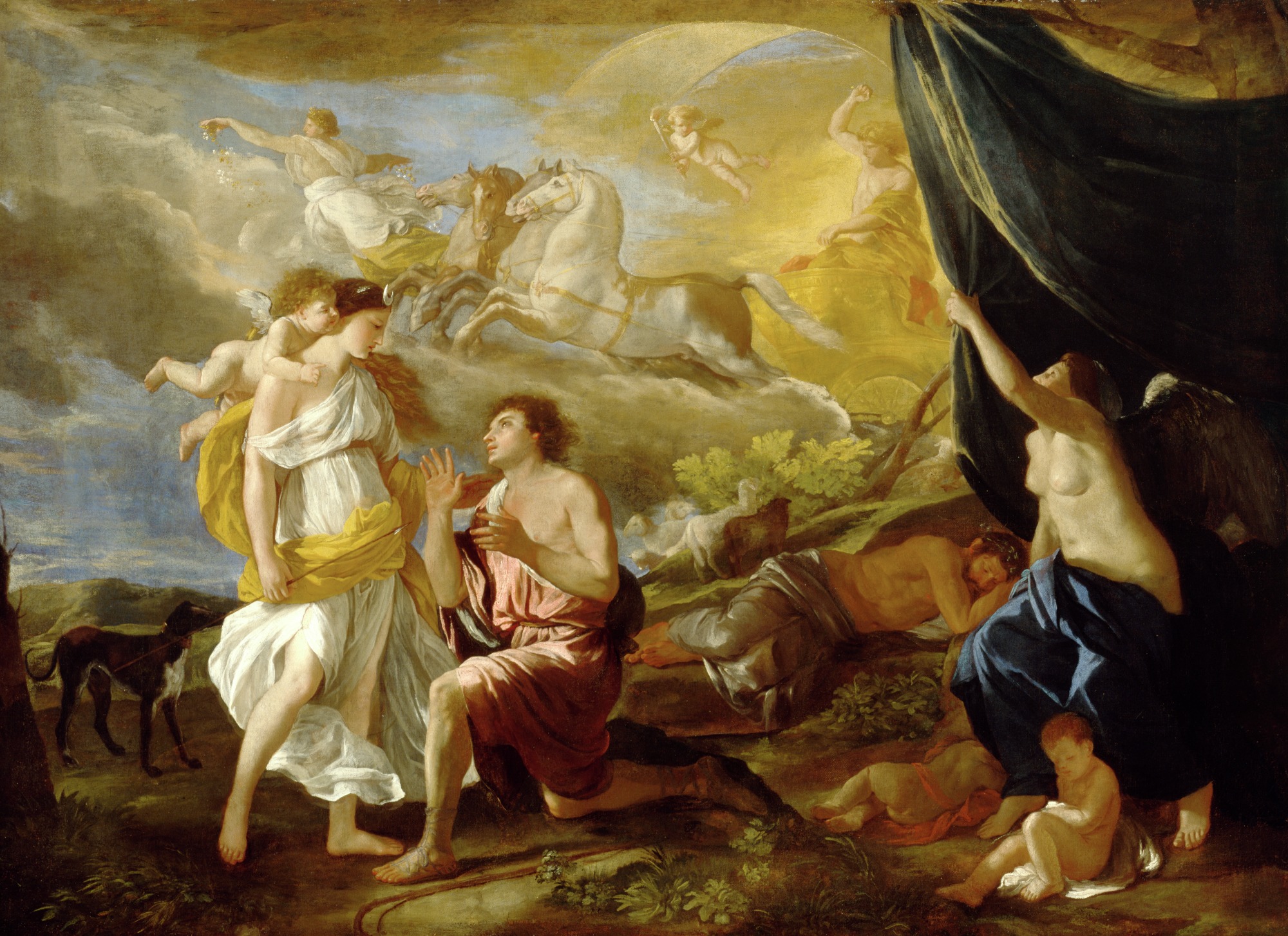
The Homeric Hymns are a collection of thirty-three ancient Greek hymns celebrating the gods and goddesses. The oldest of the Homeric hymns were likely written during the seventh century BC. Historians previously credited Homer with writing the hymns, hence the naming, though today it is accepted that the true author remains anonymous. The Hymn to Selene is the 32nd hymn in the collection. I have separated the hymn by line, which is not the traditional formatting, to make for easier reading.
And next, sweet voiced Muses, daughters of Zeus, well-skilled in song, tell of the long-winged Moon.
From her immortal head a radiance is shown from heaven and embraces earth; and great is the beauty that ariseth from her shining light.
The air, unlit before, glows with the light of her golden crown, and her rays beam clear, whensoever bright Selene having bathed her lovely body in the waters of Ocean, and donned her far-gleaming, shining team, drives on her long-maned horses at full speed, at eventime in the mid-month: then her great orbit is full and then her beams shine brightest as she increases.
So she is a sure token and a sign to mortal men.
Once the Son of Cronos was joined with her in love; and she conceived and bare a daughter Pandia, exceeding lovely amongst the deathless gods.
Hail, white-armed goddess, bright Selene, mild, bright-tressed queen!
And now I will leave you and sing the glories of men half-divine, whose deeds minstrels, the servants of the Muses, celebrate with lovely lips.
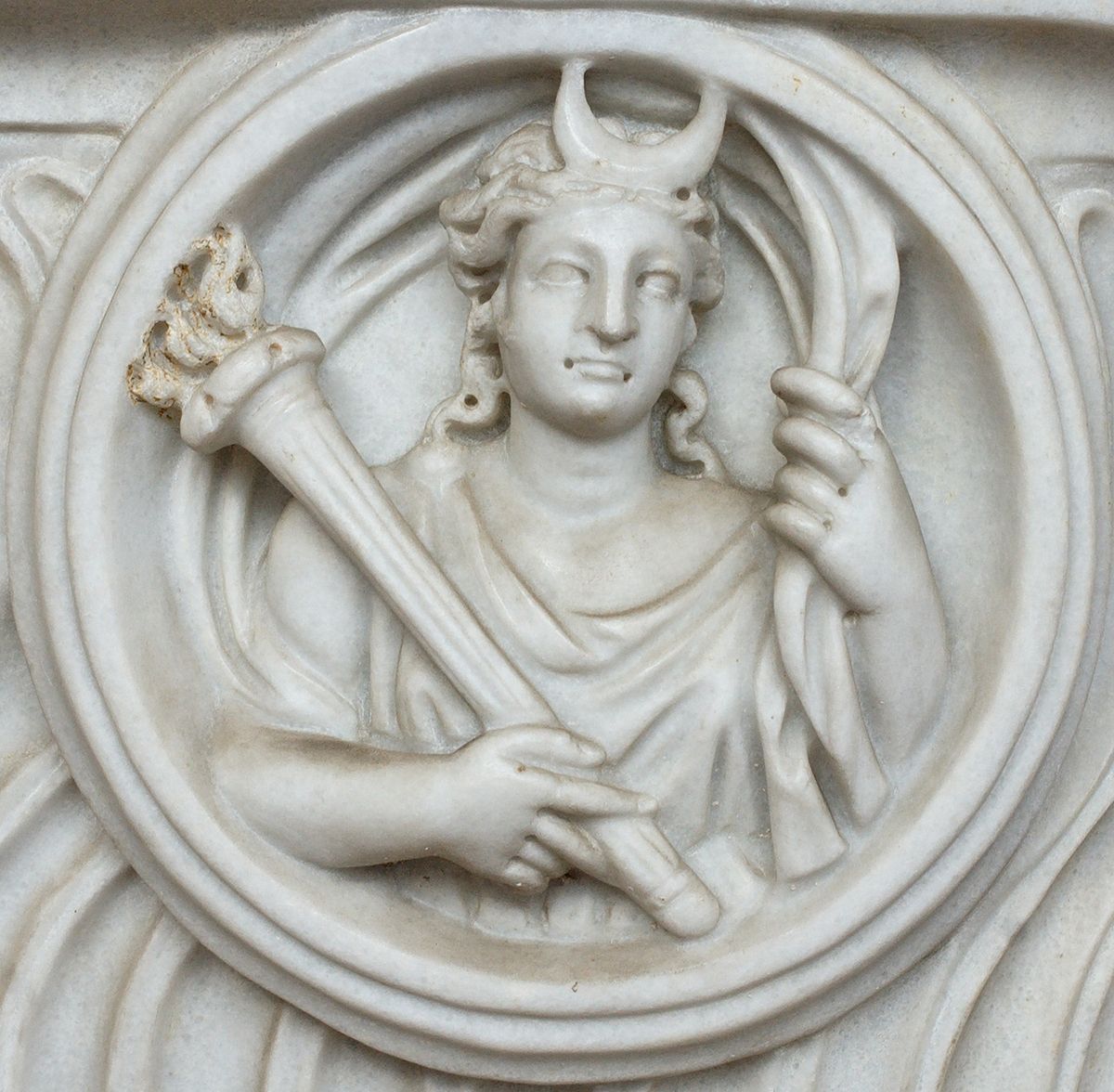
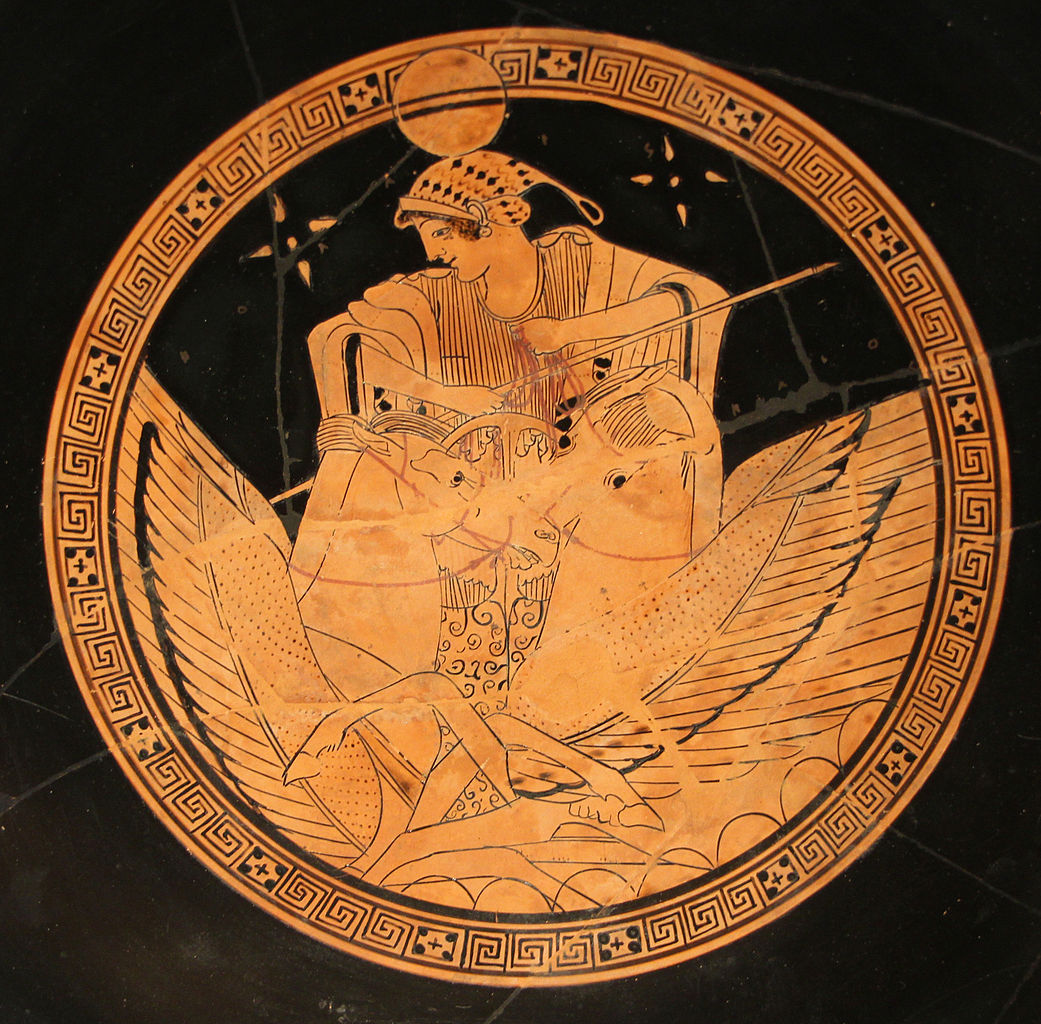
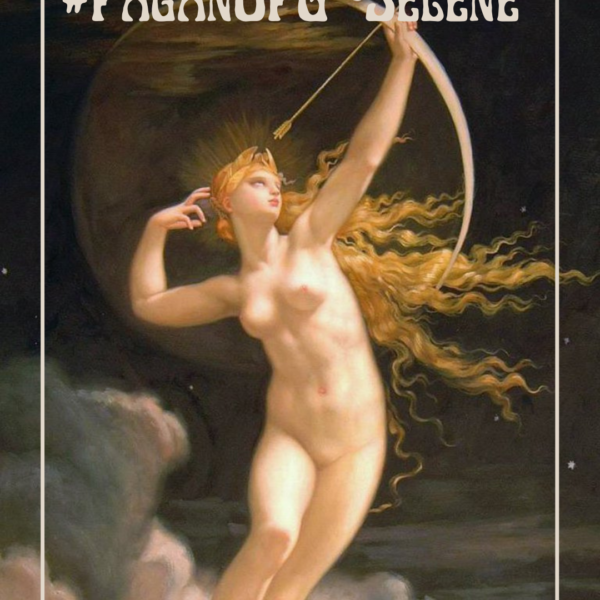
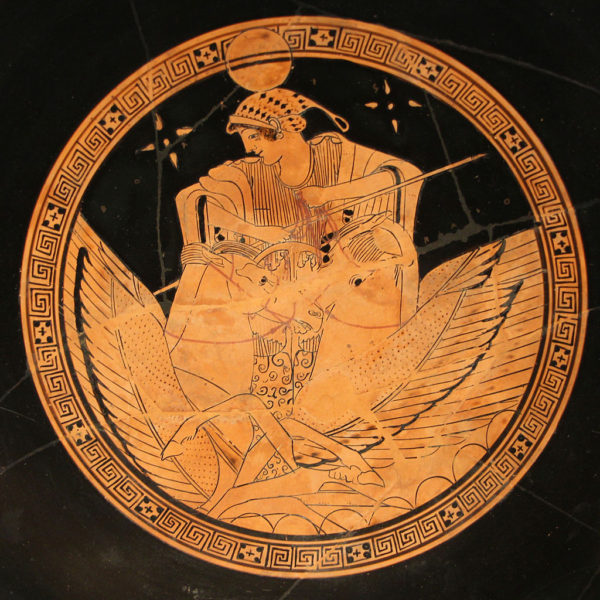
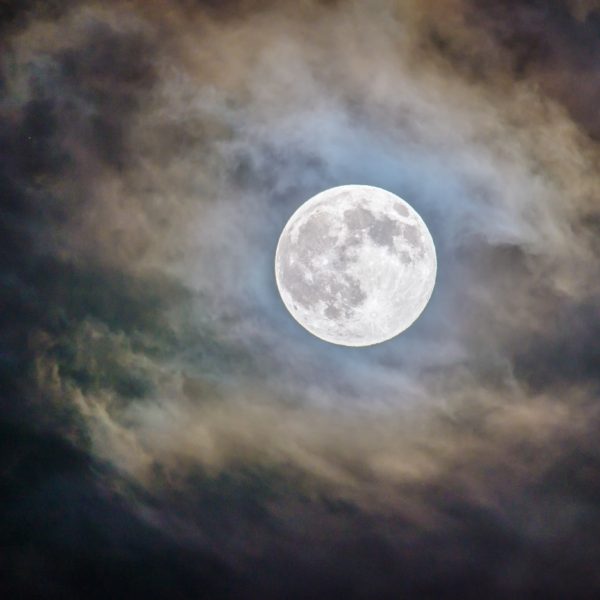













Leave a Reply